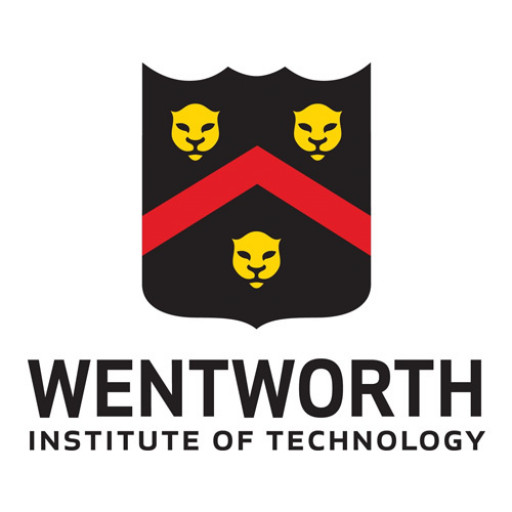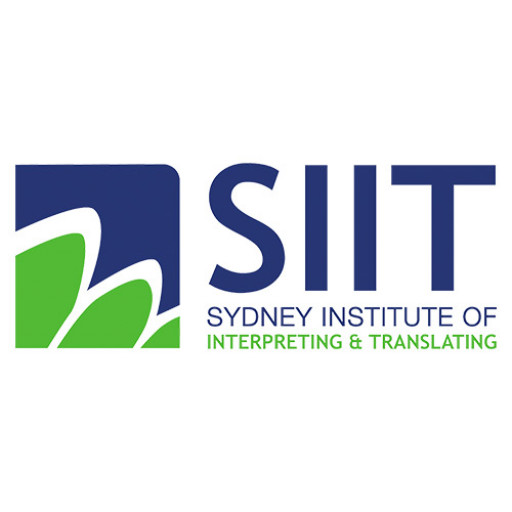Photos of university / #rmituniversity
The Master of Translating at RMIT University is a comprehensive postgraduate program designed to equip students with advanced language skills and professional expertise necessary for successful careers in the translation industry. This program offers a deep immersion into the theories and practices of translation across multiple platforms, emphasizing both written and spoken language proficiency. Students will develop specialized competencies in translating texts from English into a second language and vice versa, with a focus on ensuring accuracy, cultural appropriateness, and contextual relevance. The curriculum incorporates a blend of theoretical foundations, practical translation exercises, and industry-based projects, providing a well-rounded preparation for diverse professional environments. Throughout the course, students have the opportunity to work on real-world translation projects, collaborate with industry professionals, and enhance their technological skills through exposure to the latest translation tools and software. The program is suitable for bilingual individuals seeking to refine their translation abilities and gain a competitive edge in the global market. It also prepares graduates for employment in various sectors, including government, international organizations, publishing, media, and private translation agencies. Key areas of study include translation theories, applied linguistics, intercultural communication, and specialized translation for legal, technical, medical, and commercial fields. The program aims to develop not only language proficiency but also critical thinking, project management, and ethical considerations essential for professional translation work. Graduates of the Master of Translating will be well-positioned to engage in freelance, in-house, or consultancy roles and contribute effectively to cross-cultural communication initiatives worldwide.
The Master of Translation program at RMIT University offers a comprehensive curriculum designed to develop advanced translation skills and cultural competency for aspiring professional translators. This program covers a wide range of language combinations and specializations, equipping students with the necessary expertise to operate effectively in diverse linguistic and cultural contexts. Throughout the course, students engage with both theoretical and practical aspects of translation, including the study of translation theories, ethics, and the history of translation practices. The program emphasizes the importance of accurate language transfer, cultural nuances, and contextual understanding to produce high-quality translations. Students have the opportunity to refine their skills in various fields such as technical, legal, medical, literary, and audiovisual translation, preparing them for roles across multiple industries. The curriculum also incorporates the use of advanced translation technology and CAT (Computer-Assisted Translation) tools to ensure students are proficient in current industry-standard practices. Practical workshops, industry placements, and collaborative projects form a core part of the learning experience, enabling students to apply their knowledge in real-world settings. The program encourages specialization in specific areas based on students’ interests and career goals, with options to undertake research-based projects or internships, fostering professional development and industry readiness. Graduates of the Master of Translation program are well-prepared to work as professional translators, localization specialists, language consultants, or to pursue further academic research. By combining linguistic expertise, cultural awareness, and technological skills, the program aims to produce versatile translation professionals capable of meeting the demands of an increasingly globalized world. This degree not only enhances language proficiency but also cultivates critical thinking, adaptability, and intercultural communication skills essential for success in the international landscape of translation and interpretation.
Program requirements for the Bachelor of Arts (Honours) in Translating at the Royal Melbourne Institute of Technology (RMIT) include a combination of core coursework, language proficiency, and practical translation experience. Applicants must have completed a recognized undergraduate degree in a relevant field, such as Languages, Linguistics, or a related discipline, with a strong academic record demonstrating proficiency in at least two languages, including the major language pair of study. Proficiency in English is mandatory, and for non-native speakers, proof of English language competence through tests such as IELTS or TOEFL is required, with minimum scores specified by the university standards. The program emphasizes the development of advanced translating skills, so students are expected to complete coursework in translation theory, ethics, and professional practice, alongside practical translation projects. Participants are often required to undertake internships or industry placements, providing real-world experience in translation agencies or related environments, which are integral to the curriculum. Additionally, students must pass all assessments, including coursework assignments, practical translation examinations, and a capstone project or thesis that demonstrates their competency in translating complex texts. Participation in workshops, seminars, and language-specific events is encouraged to enhance cultural understanding and contextual translation skills. For admission, applicants must submit academic transcripts, a statement of purpose, and may need to undergo an interview process to assess language proficiency and motivation. Continual professional development components are incorporated into the program, preparing students for employment in diverse translation fields such as legal, medical, technical, or literary translation industries. Overall, the program aims to cultivate high-level linguistic, intercultural, and professional translation skills essential for a successful career in the global language services sector.
The Royal Melbourne Institute of Technology (RMIT) offers various financing options for students enrolled in the Translating program. Students can access a range of scholarships designed to support their studies, including merit-based scholarships, need-based scholarships, and industry partnership awards. International students may be eligible for specific scholarships that facilitate their financial planning and reduce overall tuition fees. Domestic students can also benefit from government-funded schemes such as Austudy and Youth Allowance, which provide financial assistance during their studies. RMIT encourages students to explore the Commonwealth Supported Places (CSP), which subsidize tuition fees for eligible students, significantly reducing the financial burden. Additionally, students can apply for RMIT's study loan programs or payment plans that allow them to spread out the cost of tuition over manageable installments. Many students opt for part-time work opportunities on or near campus, which help supplement their income while gaining valuable industry experience. For those pursuing further specialization or postgraduate studies, financial support may be available through research grants or industry sponsorships. It is recommended that students contact RMIT's Student financial services to obtain personalized advice and up-to-date information regarding available funding options, application procedures, and eligibility criteria. The institute continuously updates its financial assistance offerings to align with the changing educational landscape and economic climate, aiming to make higher education accessible and affordable for all students enrolled in translating programs.
The Bachelor of Arts (Honours) in Translating at RMIT University is a comprehensive undergraduate program designed to develop advanced translation skills across multiple languages. The program emphasizes both theoretical knowledge and practical experience, preparing students for professional careers in translation, localization, and interpreting. Students typically choose two languages to specialize in, which may include combinations like English and Chinese, Japanese, Arabic, French, German, or Spanish, among others. The curriculum covers core areas such as language proficiency, translation theory, intercultural communication, and industry-specific translation practices.
Throughout the course, students engage with a variety of learning modalities, including lectures, workshops, practical translation exercises, and industry placements. The program aims to refine students' abilities to produce accurate, culturally appropriate, and contextually nuanced translations suitable for a variety of fields such as business, legal, medical, technical, and literary sectors. Additionally, students are introduced to emerging technologies in translation, including computer-assisted translation tools and machine translation systems, to ensure they are well-versed in contemporary industry standards.
RMIT's state-of-the-art facilities and industry partnerships provide students with opportunities to gain real-world experience through internships, collaborative projects, and interaction with professional translators. The program also fosters bilingual proficiency, cultural awareness, and critical thinking skills, all essential for success in the global marketplace. Graduates of the program are equipped to work as professional translators and interpreters or pursue further specializations at postgraduate level. Overall, the Translating program at RMIT balances academic rigor with practical application, ensuring graduates are ready to meet the diverse challenges of the translation industry worldwide.




